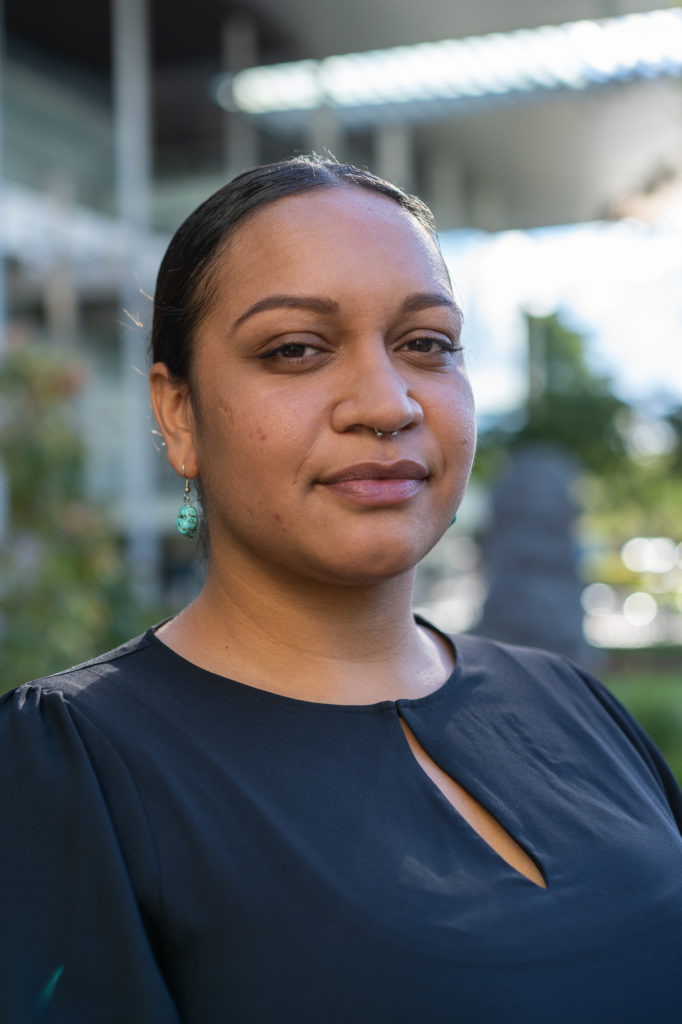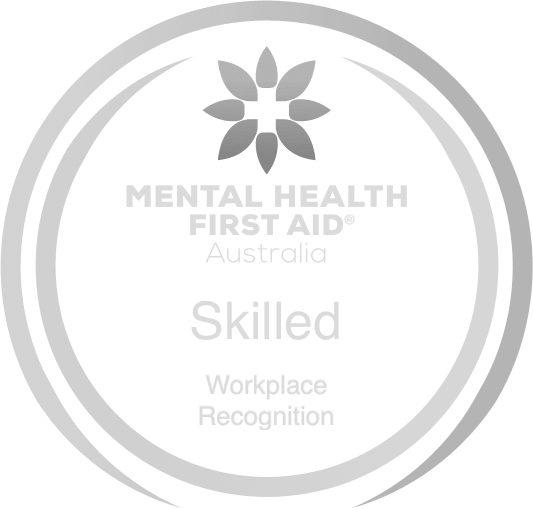Youth Verdict’s landmark climate and human rights challenge to Clive Palmer’s Galilee Coal Project has won a breakthrough in the way evidence, based on First Nations’ Traditional Knowledge, will be heard and considered.
In a historic outcome for environmental litigation in Australia, the Queensland Land Court has agreed to hear from First Nations witnesses “on Country”, and in accordance with benchmark-setting First Nations protocols. Youth Verdict are represented in the case by lawyers from the Environmental Defenders Office.
The court will travel to the traditional lands of Aboriginal and Torres Strait Islander witnesses, to hear first-hand how climate change is impacting their lives and what will be lost if climate change is worsened by the burning of coal from new mines, including Clive Palmer’s proposed Galilee Coal Project.
Murrawah Johnson, Youth Verdict First Nations Lead and Co-director said:
“First Nations people know what’s best for their Country through their deep and abiding knowledge of Country. They know what will sustain their futures and carry on their cultures. Bringing the Land Court to First Nations peoples for the first time to receive their evidence, and respecting First Nations cultural protocols, is monumental”.
“Youth Verdict hopes this means real progress in giving weight to First Nations’ cultural knowledge and expertise in legal cases. It is imperative that the perspective of First Nations people be heard in the approval process for fossil fuel projects in Queensland where such projects have the potential to limit the cultural and human rights of First Nations people.”

“The lived reality of Aboriginal and Torres Strait Islander peoples, who are experiencing the impacts of climate change right now, will be at the forefront in the hearing, shining a spotlight on the current and imminent impacts of climate change on Indigenous peoples due to accelerating global heating.”
“This historic move to allow ‘on Country evidence’ for the first time in Land Court hearings will empower the witnesses to give their evidence in a culturally safe and supported way, according to First Nations Laws and customs”, Ms Johnson said.
Sean Ryan, EDO Managing Lawyer, said:
“This court order sets a new high-water mark for respecting Aboriginal and Torres Strait Islander culture in the Court’s processes”.
“This is an important step towards justice for First Nations peoples and provides a safer and fairer system for these First Nations witnesses to be heard in this Court and on their terms.”
Youth Verdict’s First Nations-led case is the first time a coal mine has been challenged on human rights grounds in Australia. As a direct result of the Queensland Human Rights Act, Aboriginal and Torres Strait Islander peoples can take legal action to preserve their cultural rights and protect their children’s futures from the destructive impacts of climate change.
Two years ago, Youth Verdict launched this ground-breaking case to help avert the threat of climate change-fueled disaster and uphold the human rights of all young people. Evidence from First Nations witnesses with deep traditional knowledge will be heard alongside environmental science experts and given proper weight in the court’s deliberations.
Youth Verdict will argue that if approved, Waratah’s Galilee Coal Project will contribute to worsening climate change which is already impacting the human rights of First Nations people.
For more information about Youth Verdict visit https://www.youthverdict.org.au/.





